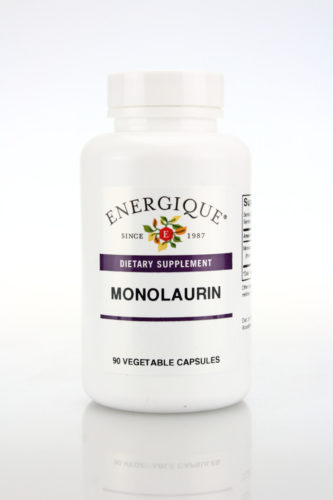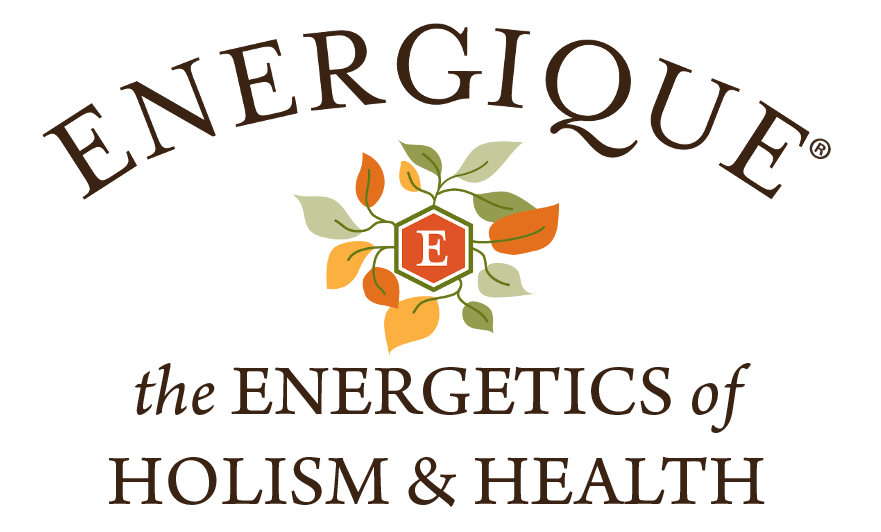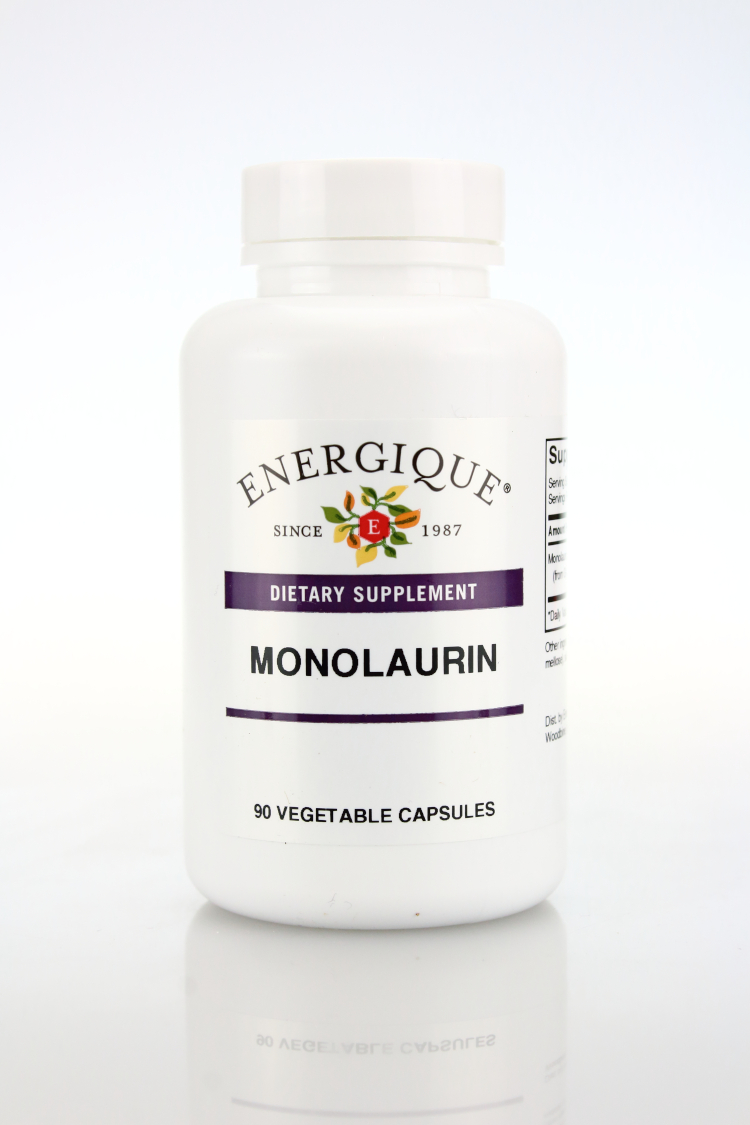 Ian Spohn, ND, is a staff naturopathic doctor for Energique who enjoys challenging the dogmas of both conventional and alternative medicine. He is a passionate supporter of the paleo diet and classical homeopathy.
Ian Spohn, ND, is a staff naturopathic doctor for Energique who enjoys challenging the dogmas of both conventional and alternative medicine. He is a passionate supporter of the paleo diet and classical homeopathy.
In essence, monolaurin is a concentrated form of the immune-supporting elements1 of coconut oil. Native cultures in the tropics have long since recognized coconut oil not only as a healthy food, but as a beneficial topical application as well. Naturally occurring in coconut oil, monolaurin is a form of fat known as a monoglyceride. This refers to its having a single fatty acid, in this case lauric acid, bound to its glycerol backbone. Monoglycerides occur naturally in human breast milk and are believed to account for many of the important benefits that breast milk provides to the infant immune system. In this regard, coconut oil is probably the nearest plant-based equivalent to human breast milk, and monolaurin may be considered the active constituent for immune support.
 The plant kingdom furnishes many of our immune-supporting substances. What makes monolaurin distinct is that, unlike many plant chemicals, it is a natural fat and completely edible. Many plant chemicals may be useful as dietary supplements, but they are considered foreign molecules to the body, and some may even be mildly toxic, if not outright poisonous. Because monolaurin is simply a source of dietary fat, found naturally in coconut oil and similar to constituents of human breast milk, it is considered completely non-toxic to the body. While coconut oil contains small quantities of monolaurin, it mostly contains free lauric acid, and it is unknown how effectively the body may convert lauric acid to monolaurin. Encapsulated monolaurin, as a dietary supplement, therefore provides a highly concentrated dose of this potent immune-supporting substance.
The plant kingdom furnishes many of our immune-supporting substances. What makes monolaurin distinct is that, unlike many plant chemicals, it is a natural fat and completely edible. Many plant chemicals may be useful as dietary supplements, but they are considered foreign molecules to the body, and some may even be mildly toxic, if not outright poisonous. Because monolaurin is simply a source of dietary fat, found naturally in coconut oil and similar to constituents of human breast milk, it is considered completely non-toxic to the body. While coconut oil contains small quantities of monolaurin, it mostly contains free lauric acid, and it is unknown how effectively the body may convert lauric acid to monolaurin. Encapsulated monolaurin, as a dietary supplement, therefore provides a highly concentrated dose of this potent immune-supporting substance.
1Seleem D, Chen E, Benso B, Pardi V, Murata RM. In vitro evaluation of antifungal activity of monolaurin against Candida albicans biofilms. PeerJ. 2016;4:e2148. Published 2016 Jun 22. doi:10.7717/peerj.2148
Any homeopathic claims are based on traditional homeopathic practice, not accepted medical evidence. Not FDA evaluated.
These statements have not been evaluated by the Food and Drug Administration. These products are not intended to diagnose, treat, cure, or prevent any disease.

